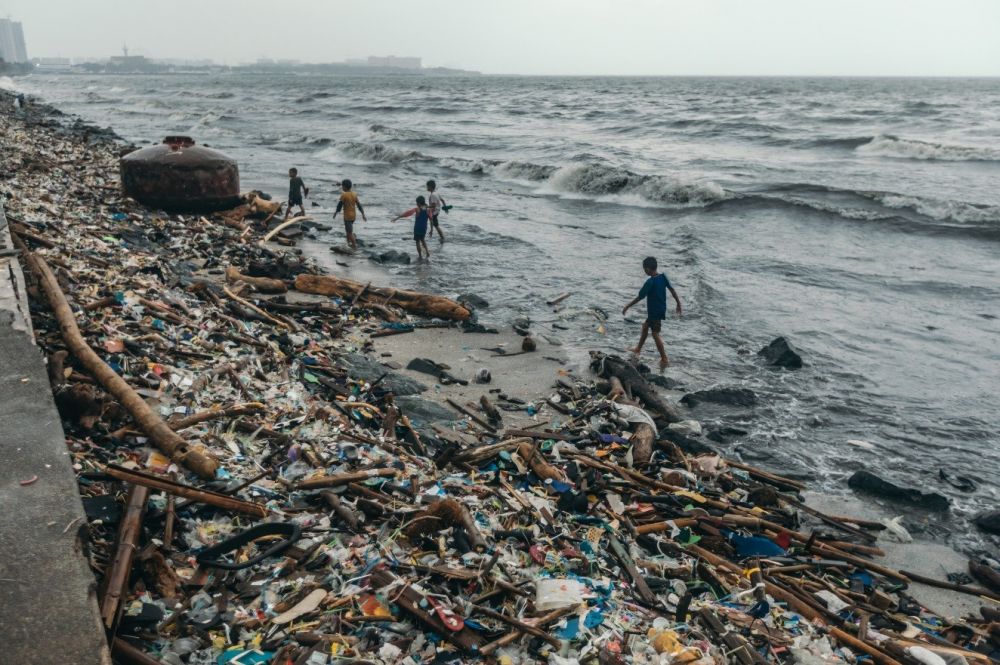EU finally seals ban on single-use plastics by 2021
Parliament approved a new law on Wednesday, banning throwaway plastics such as cotton bud sticks, cutlery, straws, stirrers and plates.

Parliament approved a new law on Wednesday, banning throwaway plastics such as cotton bud sticks, cutlery, straws, stirrers and plates.
According to the European Commission, more than 80 per cent of marine litter is plastics. Plastic residue is found in many marine species such as fish and shell fish and thus is present in the human food chain.
The new law banning single-use plastics will come into force across all EU member states by 2021 and will help to reduce the plastic waste that currently pollutes our oceans and beaches.
560 MEPs voted in favour of the agreement with EU ministers, 35 voted against and 28 abstained. The directive will also ban plastic balloon sticks, single-use polystyrene cups and those made from oxo-degradable plastics (plastics that fragment into tiny pieces).
EU member states will also have new recycling targets with increased responsibility for producers. The collection target for plastic bottles will have to be 90 per cent achieved by 2029, plastic bottles will have to contain at least 25 per cent recycled content by 2025 and 30 per cent by 2030.
The European Parliament argues that the agreement will strengthen the application of the “polluter pays” principle by introducing extended responsibility for producers to ensure that manufacturers bear the costs. This regime will apply, in particular, to tobacco and to fishing gear, ensuring that manufacturers bear the cost of collecting nets lost at sea.
New EU legislation will also make it mandatory for packaging to warn consumers of the environmental damage they will do by disposing of certain items incorrectly. This labelling will appear on cigarettes, plastic cups, wet wipes and sanitary napkins which should help to tackle the “fatbergs” that have been clogging sewers.
Lead MEP, Frédérique Ries, said “This legislation will reduce the environmental damage bill by €22 billion - the estimated cost of plastic pollution in Europe until 2030. Europe now has a legislative model to defend and promote at international level, given the global nature of the issue of marine pollution involving plastics. This is essential for the planet.”
Photograph: Greenpeace




